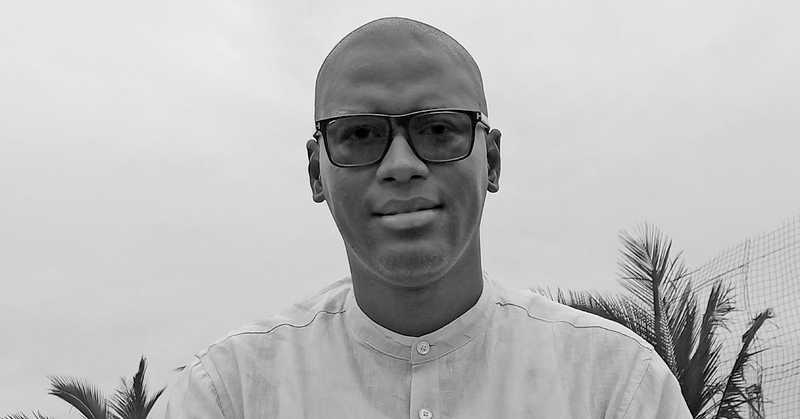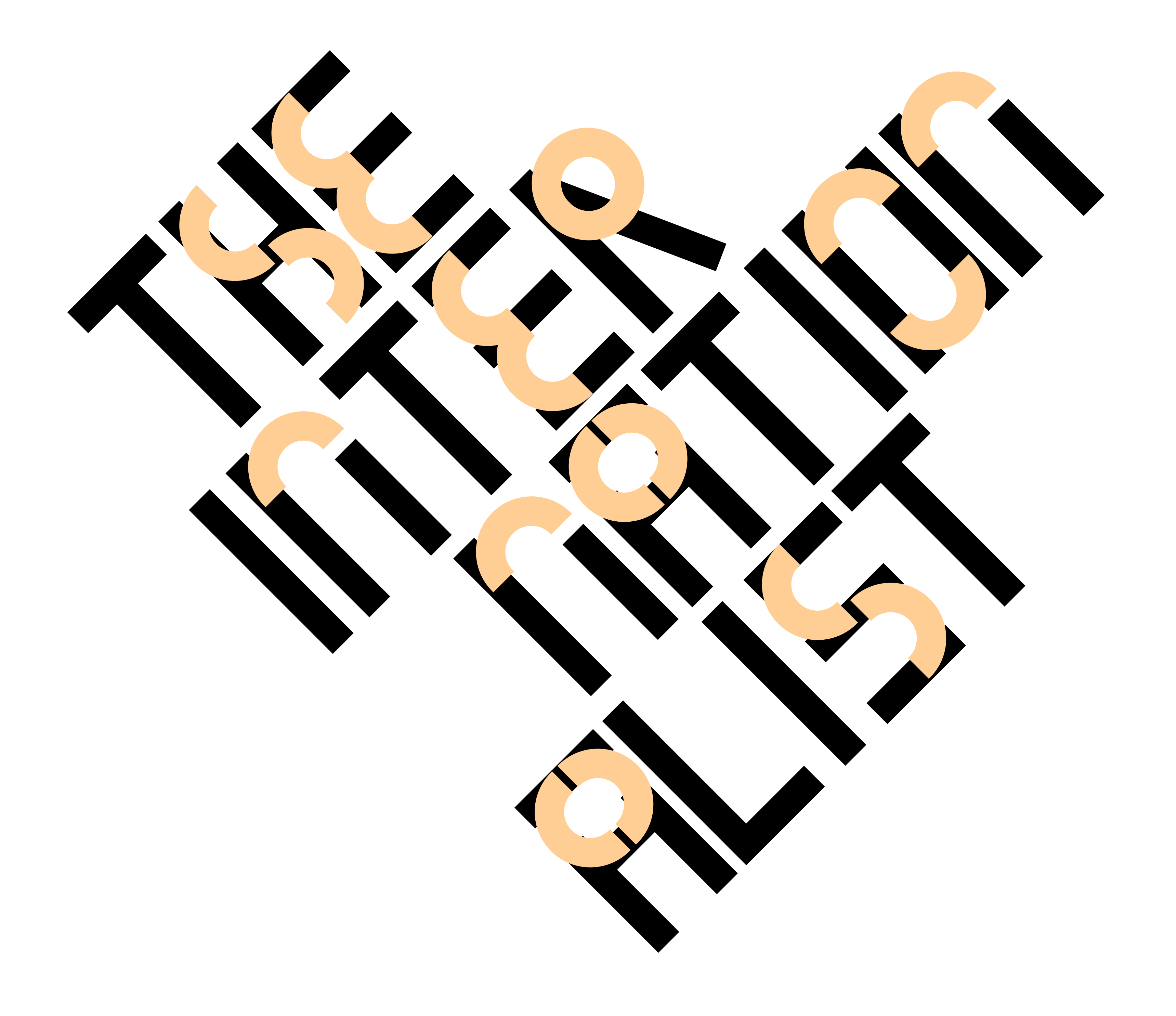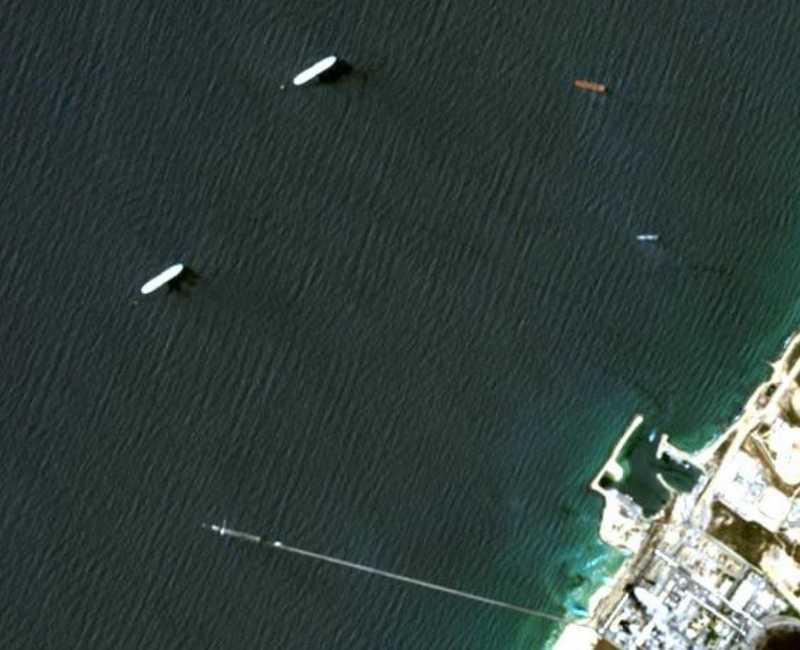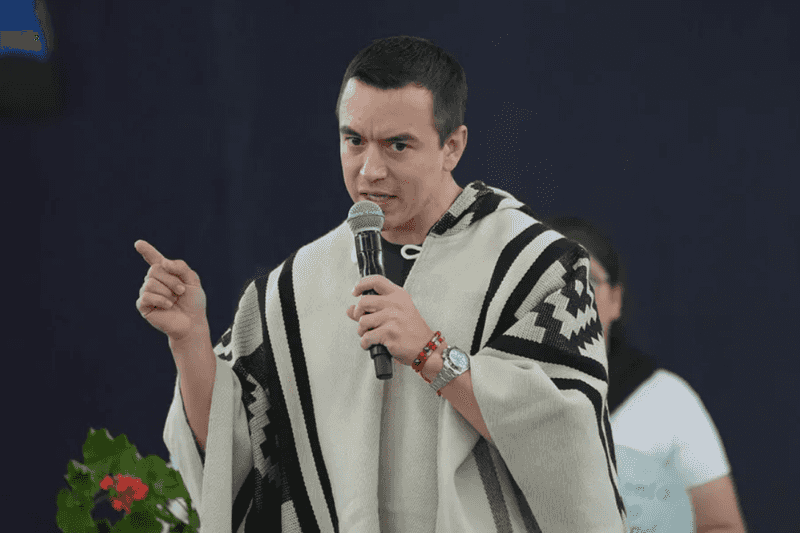
This was neither the first, nor the last, former French colony to experience such a coup in recent years, bringing renewed attention to longstanding questions of neocolonialism, dependency, and the struggle for sovereignty in Francophone Africa.
To discuss these issues, the Progressive International’s Michael Galant interviewed Dr. Ndongo Samba Sylla, a rapidly rising star in the field of African political economy, and a prominent critic of “monetary imperialism” in West and Central Africa.
This interview first appeared in issue #60 of The Internationalist.
MG: Ndongo, thank you for joining us.
NSS: Thank you for having me.
MG: After decades of brutal colonization, and just as many years of hard-fought resistance, the 1950s and 60s saw a wave of victories in the struggle for national liberation in French-colonized Africa.
But as with much of the world, nominal independence did not necessarily translate into substantive independence. Can you tell us a bit about Françafrique — how France maintained its influence in the region post-independence, and what that has meant for the people who live there?
NSS: With the exception of Sékou Touré's Guinea, the former territories colonized by France south of the Sahara have never achieved real independence. France offered them the following deal: "I grant your territory its independence on condition that you renounce sovereignty in areas such as foreign affairs, foreign trade, strategic raw materials, education, defense, monetary and financial management, etc." The African leaders who agreed to sign "cooperation agreements" in all these areas were politicians generally trained in France during the colonial period. Some of them were members of French metropolitan government or parliament. Many of them did not even want their countries to become independent. General de Gaulle resorted to this neo-colonial scheme because, for him, domination of Africa and control over its resources was a fundamental condition for France's strategic autonomy in the context of the Cold War. Given this choice, France never allowed peoples in its former colonies to freely choose their own leaders. It is this — a Francophone Africa that, despite nominal independence, remains in many ways under French neo-colonial control — that is often called “Françafrique.”
In the long term, the consequences of French imperialism have been chronic underdevelopment in its ex-colonies south of the Sahara, and entrenched, reactionary political systems that do not care about what peoples think or want, even if sometimes they are formally “democratic”. As a result, some of the world's richest leaders — often backed by France and the West — govern some of the world's most impoverished nations.
MG: Your work focuses particularly on the role of the CFA Francs — two currencies used in Western and Central Africa — in perpetuating “monetary imperialism.” What is monetary imperialism, and what is its alternative, monetary sovereignty?
NSS: Over the past two centuries, countries with imperialist ambitions have often imposed constraining and harmful monetary and financial arrangements on the territories they dominated — imposing harsh fixed exchange rate systems; controlling their foreign exchange reserves, financial systems and the allocation of credit and economic surplus. Beyond its disciplinary function (the possibility of activating sanctions), monetary imperialism works to reinforce the economic and financial power of dominant countries, which have virtually free access to the human and material resources of the dominated countries.
This monetary imperialism has manifested in diverse ways across the world, from Africa to Asia to Latin American and the Caribbean.[[1]](https://d.docs.live.net/a13a5c5fdef0c614/Documents/The%20Internationalist%20--%20Ndongo%20Samba%20Sylla%20-%20FINAL.docx#_ftn1) As for the CFA franc, originally the Franc of the French colonies in Africa, it was born in 1945 and circulated in the sub-Saharan part of the French empire. In a new economic and financial global order dominated by the US and the US dollar, this colonial currency system allowed France to save its scarce dollar reserves as France could buy all its imports in the CFA zone using its own currency. It also allowed France to appropriate its colonies’ dollar reserves for its own imports and to contribute to the stabilization of its exchange rate. As the trade between France and its African colonies was disrupted during World War II, this colonial currency system had been instrumental in helping France reconquer the trade share it lost in the meantime. After independence, this system of monetary imperialism has been maintained unaltered in its working principles “thanks to” the cooperation agreements I referred to above. Today, the two currencies — the West African CFA and the Central African CFA, used by eight and six countries, respectively — are directly pegged to the Euro (previously the French Franc), effectively taking the critical tool of monetary policy out of the hands of the independent governments and putting it under the control of the French Treasury and the eurozone political and monetary authorities.
Insofar as monetary imperialism implies denying nations the power to use domestic money and finance for their own autonomous development, it is an impediment to economic and monetary sovereignty. Monetary sovereignty should not be understood solely as a government's right to issue its own currency. It must, in my opinion, be defined in the first instance, in the sense of Modern Money Theory (MMT), in the sense of a government's ability to spend without having an intrinsic financial constraint, but only a limit in terms of availability of real resources. In the case of the countries of the South, their lower degree of monetary sovereignty reflects a lack of control over their real resources (often stolen by transnational corporations, leading sometimes to the need to issue debt in foreign currencies at high interest rates) and the pursuit of an economic model - extractive in nature - which further reinforces their need to hold US dollars, given that the international payments system has hitherto been organized around the US dollar.
MG: Mali, Burkina Faso, Niger, Gabon. In the last three years, a wave of military coups has swept Francophone Africa. While each case is unique, most do appear to have in common some degree of declared agenda of opposition to French influence. How should we understand this seemingly momentous shift?
NSS: Whatever one's opinion of coups d'état, it is important to study them scientifically. The literature on coups d'état in Africa is essentially Western-centric and ahistorical. Africa is a gigantic continent of 55 countries. Our current borders were drawn in Berlin in 1885 with a view to colonial division, with no consideration for the logic of cultural belonging and identity. Colonialism was essentially an extractive enterprise, and did not allow for any autonomous institutional development in a democratic sense. Worse still, it manipulated and played on ethnic and community identities. Such was the situation at the time of independence. Add to this the context of the Cold War, when the powers of both East and West gave themselves the right to intervene to support their protégés or overthrow those they didn't like. Given this heavy historical legacy, you'd have to be really biased to think that every African country could have become a model "liberal democracy" overnight. With hindsight, it was "normal" - in the statistical sense - for Africa to have seen many military putsches between 1960 and 1990 (with the end of the Cold War). It has been an historical “feat” for Africa to have turned that page in just four decades (just compare with the experience of Latin American countries from their independence in the 19th century to 1990).
The nine coups d'état seen in Africa since 2020 differ in their immediate causes and motivations. But they obey two broad structural determinants. First, they concerned countries located in a zone militarized by the West, such as those of the Sahelian band - Mali, Burkina Faso, Niger, Chad and Sudan. Second, they disproportionately took place in the former French colonies, the world champions in coups d'état from 1960 to the present day. Since 2020, eight of the nine military coups recorded in Africa happened in francophone countries.
MG: These coups seem to have inspired a great deal of hope that the neocolonial status quo might be overturned. At the same time, some are skeptical that the path to socialism, or democratic power for the working masses, runs through coups and military governments with ill-defined agendas. What are the limits to, or contradictions in, the liberatory potential of this coup wave? Can these limits be transcended?
NSS: In a forthcoming book with my co-author, French journalist Fanny Pigeaud, we studied the history of democracy and elections in France's former African colonies over the period 1789-2023. We also detailed the reasons why the latter are champions of military coups. To put it briefly, it has been easier to organize putsches in these countries due to state frailty. What's more, with the ageing of the leaders in power and the increasing exclusion from the electoral process of young civilian candidates, due to constitutional fiddling often carried out with the help of French experts, the fact is that only young people in uniform can achieve a "generational changeover". In Sahelian countries, putschists are young people who have overthrown relatively old leaders. Finally, because of France's long stranglehold on the choice of leaders in French-speaking African countries south of the Sahara, only military leaders have occasionally been able to propose a political project that breaks with French neo-colonialism. The best-known case is Thomas Sankara, who came to power at the age of 33 and was assassinated four years later.
This is not to say that the military is inherently progressive. It’s not. But, wherever Imperialism has structurally crushed leftist intellectuals, leaders and movements and continued with its local allies to wreak havoc on popular demands, the military has been the only organized force that could provide an option out of the status quo. And in the context of chronic underdevelopment, the prospects of such a rupture often carry mass appeal. Anyway, while some coups d'état, such as those in Mali, Burkina Faso and Niger, are openly against French neo-colonialism (and ambiguous vis-à-vis Russian and US militarism in the Sahel), others have been openly endorsed by France, as in Chad and Gabon.
The good news is that African peoples no longer want leaders controlled from outside. Against a backdrop of reawakening pan-Africanist sentiment, they rightly aspire to economic progress and freedom. If this ongoing revolt is to lead to a genuine liberation project, it will require a move towards democratic forms of organization, beyond "liberal democracy/oligarchy" whose limitations have become obvious, and the formulation of an agenda for economic transformation at the service of the people and by the people. Two elements that have been lacking until now.
MG: For readers of The Internationalist — what does solidarity with the people of Francophone Africa look like in these times?
NSS: International solidarity requires, above all, understanding what's going on and being able to relay it in a language that's not only free of the biases and silences of Western-centrism, but also critical in the proper sense of the word (South-South solidarity shouldn't imply turning a blind eye to reprehensible practices in comrade or ally countries). In this vein, I hope that Progressive International can contribute to relaying struggles against French monetary colonialism, the militarization of the continent by Western countries, the suffocating economic sanctions imposed against those who defy the Western-led order, the inhumane migration policies of the European Union on African soil, etc.
[[1]](https://d.docs.live.net/a13a5c5fdef0c614/Documents/The%20Internationalist%20--%20Ndongo%20Samba%20Sylla%20-%20FINAL.docx#_ftnref1)In the case of England, under the International Gold Standard, its system of monetary imperialism has been well described by Utsa Patnaik in relation to India, and by Wadan Narsey more generally. The works of Narsey and Gerold Krozewski show the important role played by African countries such as Nigeria and Ghana in maintaining the sterling zone after the Second World War. Peter James Hudson, in his Bankers and Empire, describes the system of military-financial domination set up in the Caribbean by the Western powers and their big banks from the Haitian Revolution (1804) to the present day. As for the system of global monetary imperialism under US hegemony, Michael Hudson's work remains indispensable. Lumba's fantastic research on the Philippines concerns a little-known case of monetary dependency.
Dr Ndogo Samba Sylla is the Africa Director for Research and Policy at International Development Economics Associates (IDEAs) and the co-founder of the African Economic and Monetary Sovereignty Initiative. He is the author, co-author, or editor of numerous books, including Africa's Last Colonial Currency, Economic and Monetary Sovereignty in 21st Century Africa; Revolutionary Movements in Africa: An Untold Story; and, as he discusses below, the forthcoming De la Démocratie en Françafrique. Une histoire de l'Impérialisme électoral (coauthored with Fanny Pigeaud). He is also a world-champion French Scrabble player.
Image: The Internationalist, Issue #60.






